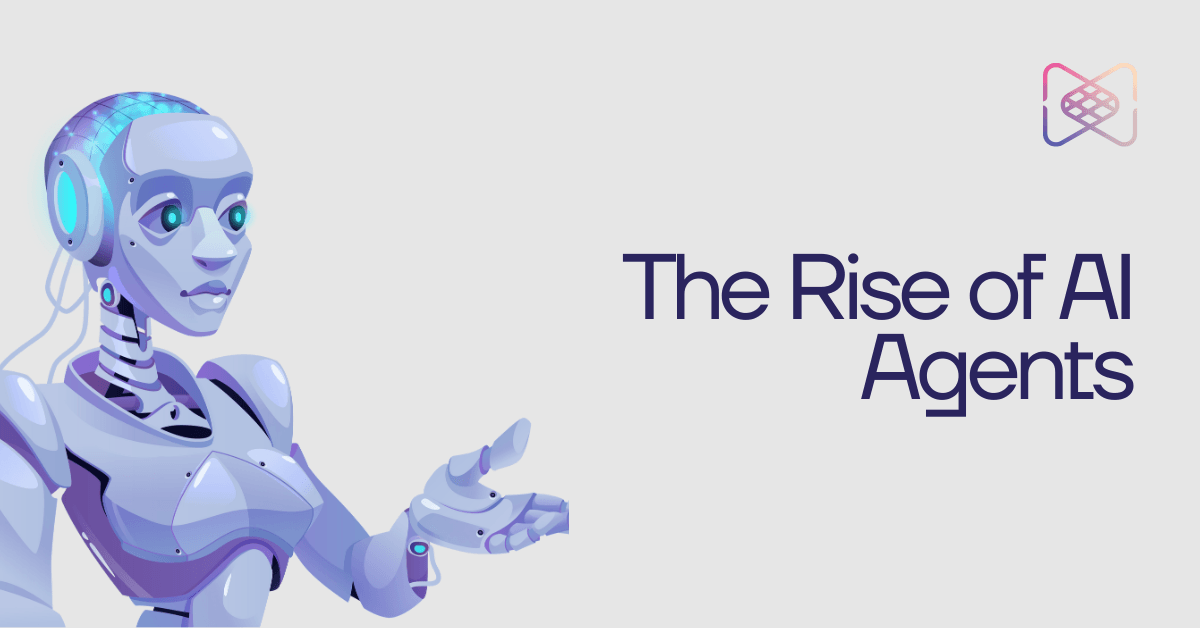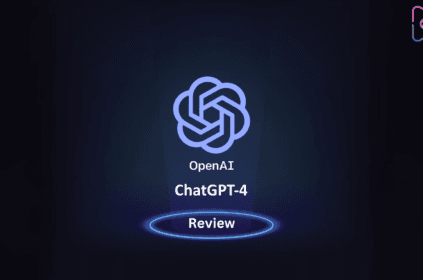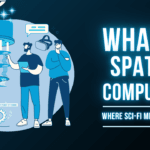“AI agents are going to get deployed,”
declared Jensen Huang, CEO of Nvidia, during a CES 2025 Q&A session. He emphasized that AI agents will significantly impact software engineering, digital marketing, and customer service. But what exactly are AI agents, and why is their adoption skyrocketing?
AI agents are autonomous systems designed to perform tasks, make decisions, and solve problems with minimal human intervention. They operate by processing data, learning from interactions, and continuously improving their capabilities. Unlike traditional automation tools that follow rigid instructions, AI agents adapt dynamically to new information, interact with external systems, and refine their actions based on real-time insights. These agents can range from virtual assistants that schedule meetings to complex models that predict financial market trends. Their ability to function independently while delivering precise, context-aware solutions makes them an essential force in the evolving landscape of artificial intelligence.
As defined by IBM, AI agents are systems capable of autonomously performing tasks on behalf of users or other systems by designing workflows and utilizing available tools. Unlike simple automation, these agents are dynamic and continuously learning. They leverage large language models (LLMs) such as GPT, PaLM, and Llama to process data, reason, and execute complex tasks with minimal human intervention. Their intelligent, adaptive, and autonomous nature makes them a game-changer across industries. AI agents don’t just execute commands; they understand context, learn from feedback, and refine their strategies over time, making them indispensable in an increasingly digitized world.
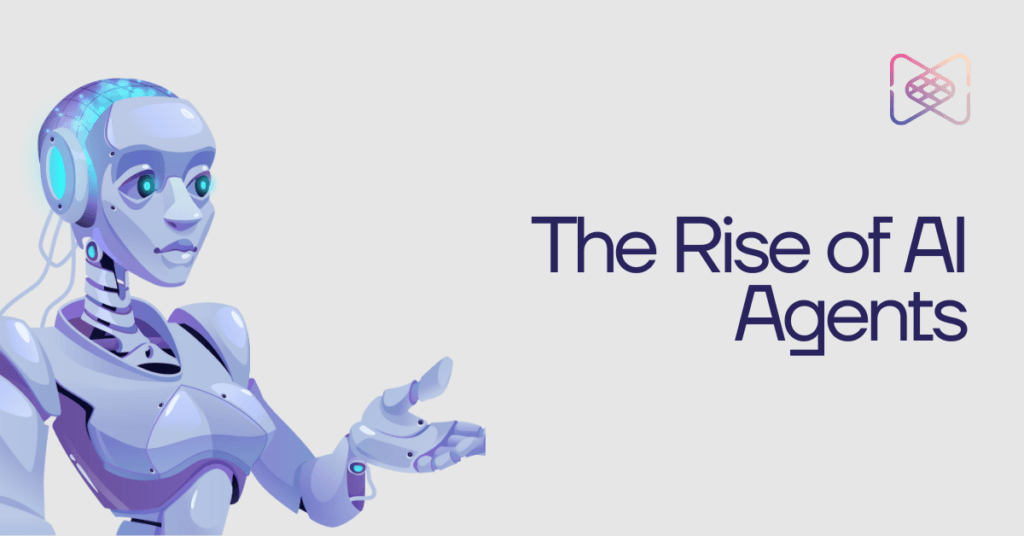
Why Are AI Agents Gaining Traction?
Several factors contribute to the rapid adoption of AI agents, making 2025 a likely turning point for widespread implementation:
- Advancements in Generative AI: The evolution of LLMs has significantly enhanced AI agents’ problem-solving abilities. These models are now capable of handling complex reasoning tasks, making them much more versatile than traditional AI systems.
- Agentic AI Capabilities: Unlike traditional AI, which requires constant user input, agentic AI allows systems to learn, adapt, and interact dynamically with their environments. This capability transforms AI from a passive tool into an active participant in decision-making and execution.
- Integration with External Tools: AI agents can connect with APIs and external databases to process real-world information. This means they are not just confined to their training data but can actively pull new information to enhance decision-making in real-time.
- Increased Automation Demand: Businesses are seeking solutions that enhance productivity, reduce costs, and optimize workflows. The push towards digital transformation, combined with rising labor costs and efficiency demands, makes AI agents an attractive solution for companies looking to stay ahead in a competitive market. However, as AI adoption grows, so do cybersecurity concerns. Learn more about emerging cybersecurity trends in 2025 and how businesses are preparing for AI-driven threats

How AI Agents Work
AI agents function by combining three key components that work together to deliver highly efficient results:
1. Cognitive Processing with LLMs
LLMs provide AI agents with natural language processing (NLP) capabilities, allowing them to comprehend and execute tasks efficiently. This is the foundation of their ability to engage in meaningful interactions with users, break down complex problems, and generate insightful responses. Unlike traditional chatbots, which follow rigid scripts, AI agents use LLMs to interpret nuances in language, making them much more sophisticated problem solvers.
2. External Tool Integration
By connecting to APIs and data sources, AI agents retrieve, analyze, and act on real-time information. This makes them more dynamic and adaptable than static AI models. For example, an AI agent assisting in e-commerce can access inventory databases, check real-time stock levels, and provide personalized product recommendations based on a customer’s browsing history and purchasing patterns.
3. Autonomous Decision-Making
AI agents use machine learning (ML) algorithms to continuously improve and optimize their decision-making capabilities. Through reinforcement learning, these agents refine their strategies over time. Instead of executing pre-defined commands, they can weigh different options, predict outcomes, and make the best possible decisions based on historical data and real-time inputs.
The Impact of AI Agents Across Industries
1. Healthcare: AI-Powered Drug Discovery
The healthcare industry is one of the biggest beneficiaries of AI agents. Companies like Johnson & Johnson leverage AI-powered agents to streamline drug synthesis and optimize research efforts. In traditional drug discovery, scientists rely on trial and error to find the right chemical compounds. AI agents can analyze vast datasets, detect patterns that humans might overlook, and suggest the best candidates for further testing. This not only speeds up drug development but also reduces costs, making treatments more accessible.
2. Finance: Smarter Investment Strategies
Financial firms are increasingly using AI agents to analyze market trends, optimize trading strategies, and provide real-time investment recommendations. These agents can process enormous amounts of financial data in seconds, identifying patterns that could take human analysts days or even weeks to recognize. AI-driven financial advisors are also emerging, offering personalized portfolio recommendations based on a user’s risk tolerance, investment goals, and market conditions. This makes financial planning more accessible to everyday investors while improving the accuracy of high-frequency trading strategies.
3. Retail & E-Commerce: Personalized Shopping Experiences
Retailers are leveraging AI agents to analyze customer preferences, optimize pricing, and generate personalized marketing campaigns. AI-driven recommendation engines provide customers with tailor-made suggestions based on their past purchases and browsing history. AI agents are also revolutionizing supply chain management by predicting demand fluctuations, ensuring efficient inventory management, and automating logistics. This leads to smoother operations and higher customer satisfaction.
4. Autonomous Vehicles: Enhanced Safety & Navigation
AI agents play a critical role in self-driving technology, processing data from roadside sensors, GPS, and real-time traffic feeds. They assist autonomous vehicles in identifying potential hazards, making split-second decisions, and ensuring smoother navigation. This enhances road safety and efficiency while paving the way for widespread adoption of autonomous transportation.

The Business Benefits of AI Agents
1. Increased Productivity
Organizations that implement AI agents can automate repetitive and time-consuming tasks, freeing up human employees to focus on creative and strategic initiatives. This shift in workload enhances efficiency and innovation across industries.
2. Cost Reduction
AI agents minimize human errors and streamline operations, leading to significant cost savings. Businesses no longer have to allocate as many resources to manual processes, resulting in lower operational expenses.
3. Better Decision-Making
With access to real-time data analysis, AI agents generate actionable insights that drive informed business decisions. This empowers leaders to respond quickly to market changes and customer demands.
4. Enhanced Customer Experience
AI-driven chatbots and virtual assistants offer instant and personalized customer support, improving user engagement and satisfaction. Whether it’s resolving queries, assisting with purchases, or providing personalized recommendations, AI agents enhance the overall customer experience.
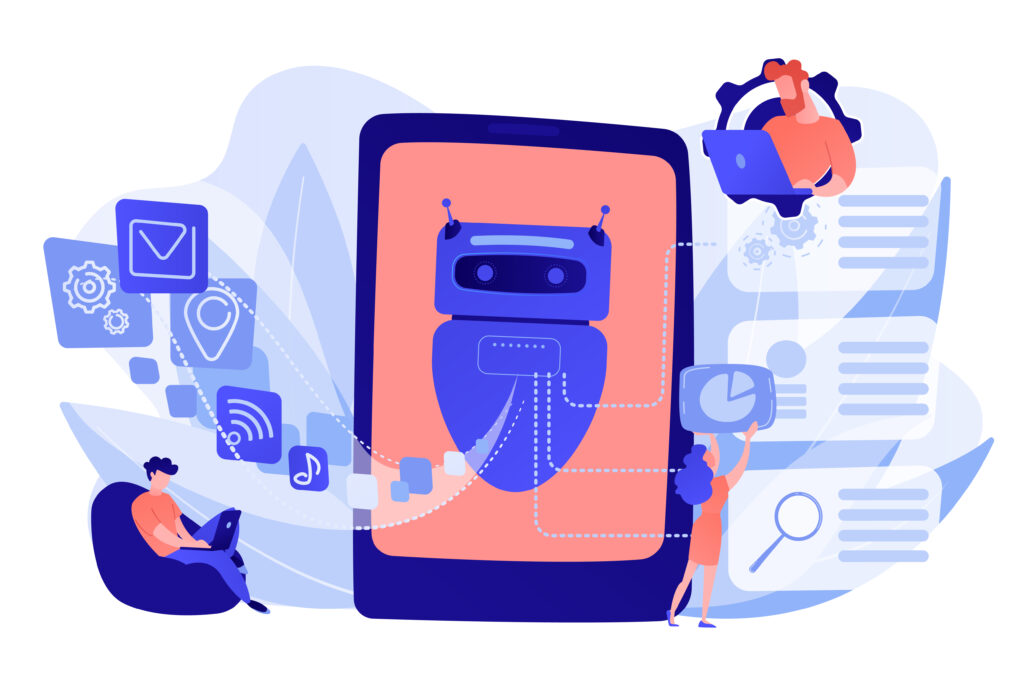
AI Agents in 2025: The Tipping Point
Gartner’s Prediction: The Rise of Virtual Workforces
A recent Gartner report forecasts that by 2028, AI agents will autonomously make 15% of daily business decisions, a dramatic increase from today’s 0%. This signals a shift toward a future where AI plays a central role in corporate decision-making and operational execution.
The Next Wave: AI Agents in Everyday Life
- Smart assistants managing household tasks, travel bookings, and schedules.
- AI-powered education tutors providing personalized learning experiences.
- Advanced financial advisors optimizing investment portfolios in real time.
Are We Ready for the AI Agent Revolution?
AI agents are no longer futuristic concepts; they are already transforming industries. The integration of agentic AI with LLMs, real-time data processing, and advanced reasoning capabilities positions AI agents as the next big technological breakthrough. While there are challenges to consider, including ethical concerns and data privacy, the potential benefits far outweigh the risks. Businesses, consumers, and society as a whole must prepare for the changes AI agents will bring. The question is not whether AI agents will become a staple of our lives—it’s how soon we will fully embrace their transformative power.
